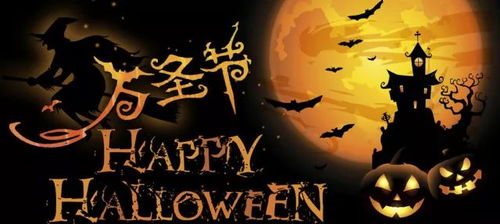
Halloween, a festival celebrated on October 31st, has its roots deeply embedded in the traditions and beliefs of ancient cultures. This article delves into the origins of Halloween, exploring its historical significance and the evolution of its customs over time.

The celebration of Halloween can be traced back to the ancient Celts, who lived in what is now Ireland, Scotland, and Wales. The Celts marked the end of the harvest season with a festival known as Samhain, which was held on October 31st. This day was considered a time when the boundary between the world of the living and the world of the dead became blurred, allowing spirits to roam freely. To ward off these spirits, the Celts would dress in costumes and masks, light bonfires, and perform rituals to honor their ancestors.

With the spread of Christianity, the celebration of Samhain was eventually incorporated into the Christian calendar. The Church designated November 1st as All Saints' Day, a day to honor all the saints, known as